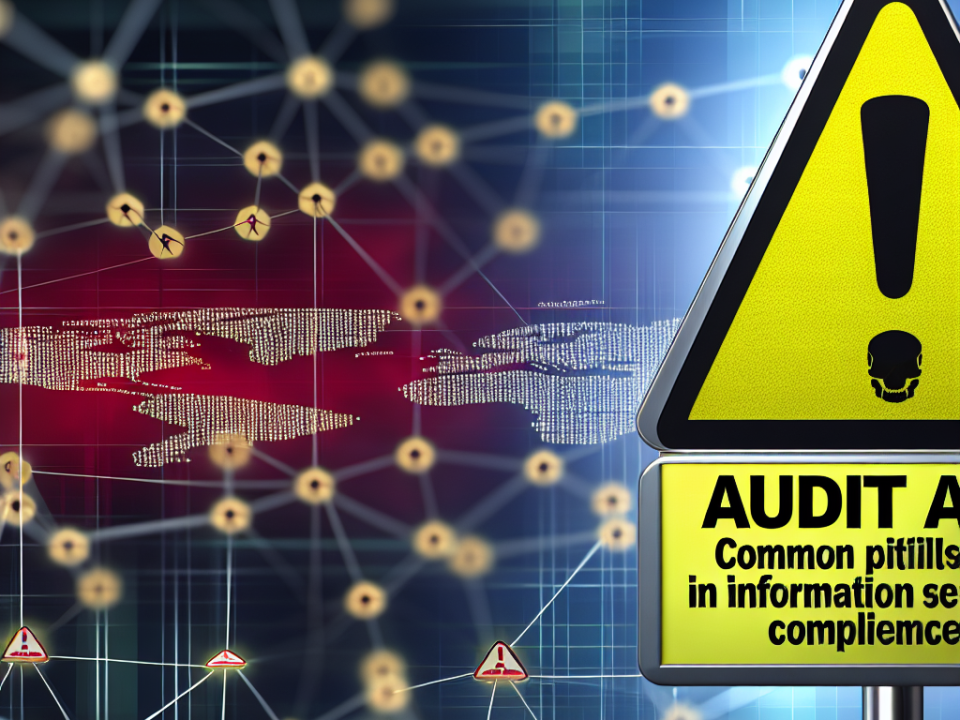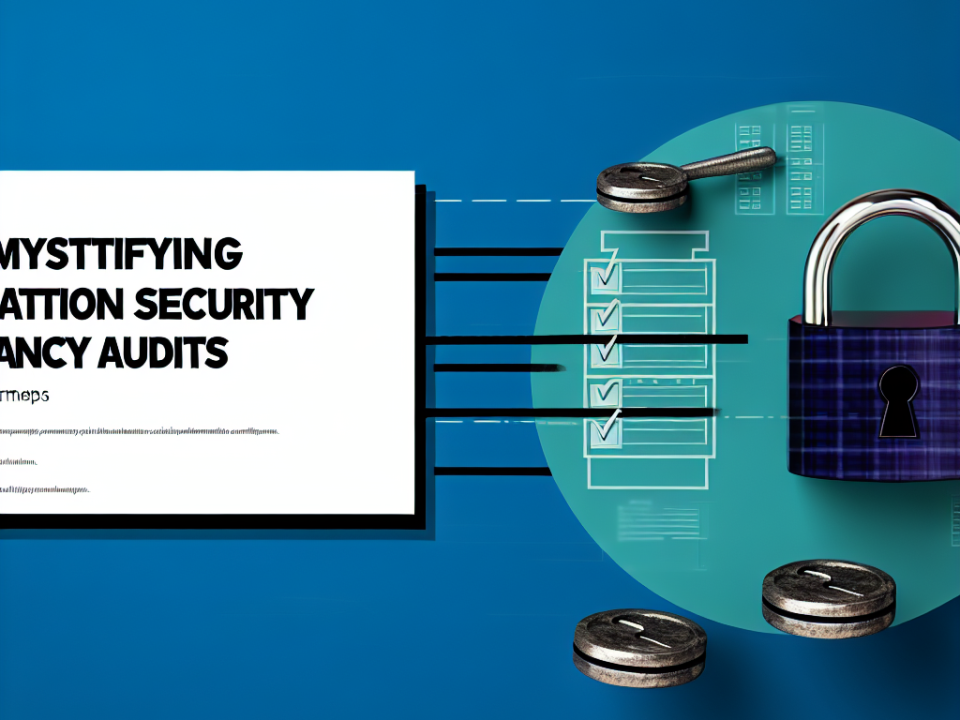
Assessing Your Arsenal: Evaluating and Enhancing Your Cybersecurity Strategy
August 31, 2025
Bridging the Gap: Essential Cybersecurity Metrics Every Board Should Know
September 1, 2025
In today’s digital landscape, where data breaches and cyber threats are increasingly prevalent, adhering to cybersecurity regulations has become more critical than ever. Organizations, regardless of size or industry, must prioritize compliance to protect their data, their customers, and their reputation. Ignoring these regulations can lead to dire consequences that extend far beyond mere legal penalties.
The Importance of Cybersecurity Compliance
Cybersecurity regulations are established to safeguard sensitive information and ensure organizations handle data responsibly. Regulations like the General Data Protection Regulation (GDPR), the Health Insurance Portability and Accountability Act (HIPAA), and the Payment Card Industry Data Security Standard (PCI DSS) are just a few examples of frameworks designed to mitigate risks. Compliance with these regulations demonstrates a commitment to security and ensures that organizations take proactive measures against breaches.
1. Financial Penalties
One of the most immediate consequences of non-compliance is the risk of hefty fines. Regulatory bodies may impose significant penalties on organizations that fail to meet standards. For example, GDPR violations can lead to fines of up to 4% of an organization’s global annual revenue or €20 million, whichever is higher. Such financial repercussions can cripple businesses, especially smaller organizations that may not have the resources to absorb such losses.
2. Legal Troubles
Ignoring cybersecurity regulations can lead to lawsuits from consumers, partners, and even shareholders. If a data breach occurs and it’s revealed that an organization did not comply with necessary regulations, affected parties may seek legal action to recover damages. This can lead to expensive settlements, not to mention the cost of legal fees and the resources spent on damage control.
3. Reputational Damage
Non-compliance can severely damage an organization’s reputation. Trust is paramount in the digital age; consumers expect their data to be protected. When a breach occurs, especially due to negligence in compliance, customers may lose confidence in the brand, leading to a decline in sales and customer loyalty. Recovering from reputational damage can take years and may require significant investment in public relations and marketing to rebuild trust.
4. Operational Disruptions
Compliance violations can lead to operational interruptions. Regulatory bodies may require organizations to halt operations until compliance is achieved, leading to downtime and lost revenue. Moreover, the process of remediation often involves overhauling systems, processes, and employee training, which can strain resources and distract from core business operations.
5. Increased Vulnerability
Organizations that ignore cybersecurity regulations may also find themselves at a greater risk of cyberattacks. Compliance often involves implementing robust security measures designed to protect sensitive data. By neglecting compliance, organizations leave themselves exposed to threats, which can result in data breaches, the theft of intellectual property, and other cybersecurity incidents.
Steps to Achieve Compliance
Achieving compliance doesn’t have to be an overwhelming task. Organizations can take several steps to ensure they meet industry standards:
-
Conduct Regular Audits: Regularly assess your organization’s compliance status. Identify gaps in security measures and address them promptly.
-
Invest in Training: Equip employees with the knowledge necessary to recognize and respond to cybersecurity threats. A well-informed workforce is your first line of defense.
-
Stay Updated: Cybersecurity regulations are continuously evolving. Stay informed about changes in laws and standards to ensure your organization remains compliant.
-
Implement Strong Security Measures: Deploy firewalls, encryption, and intrusion detection systems to protect sensitive data. Regularly update and patch systems to address vulnerabilities.
- Engage Experts: Consider working with cybersecurity professionals or legal advisors who specialize in compliance. Their expertise can guide your organization through the complexities of regulations.
Conclusion
In an era where cyber threats are rampant, the importance of adhering to cybersecurity regulations cannot be overstated. The consequences of ignoring compliance extend far beyond legal ramifications; they can jeopardize an organization’s future. By prioritizing compliance, organizations not only protect themselves from penalties but also build trust with customers, enhance operational integrity, and fortify their defenses against an ever-evolving threat landscape. Embrace compliance today to secure a safer tomorrow.







